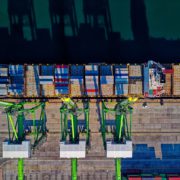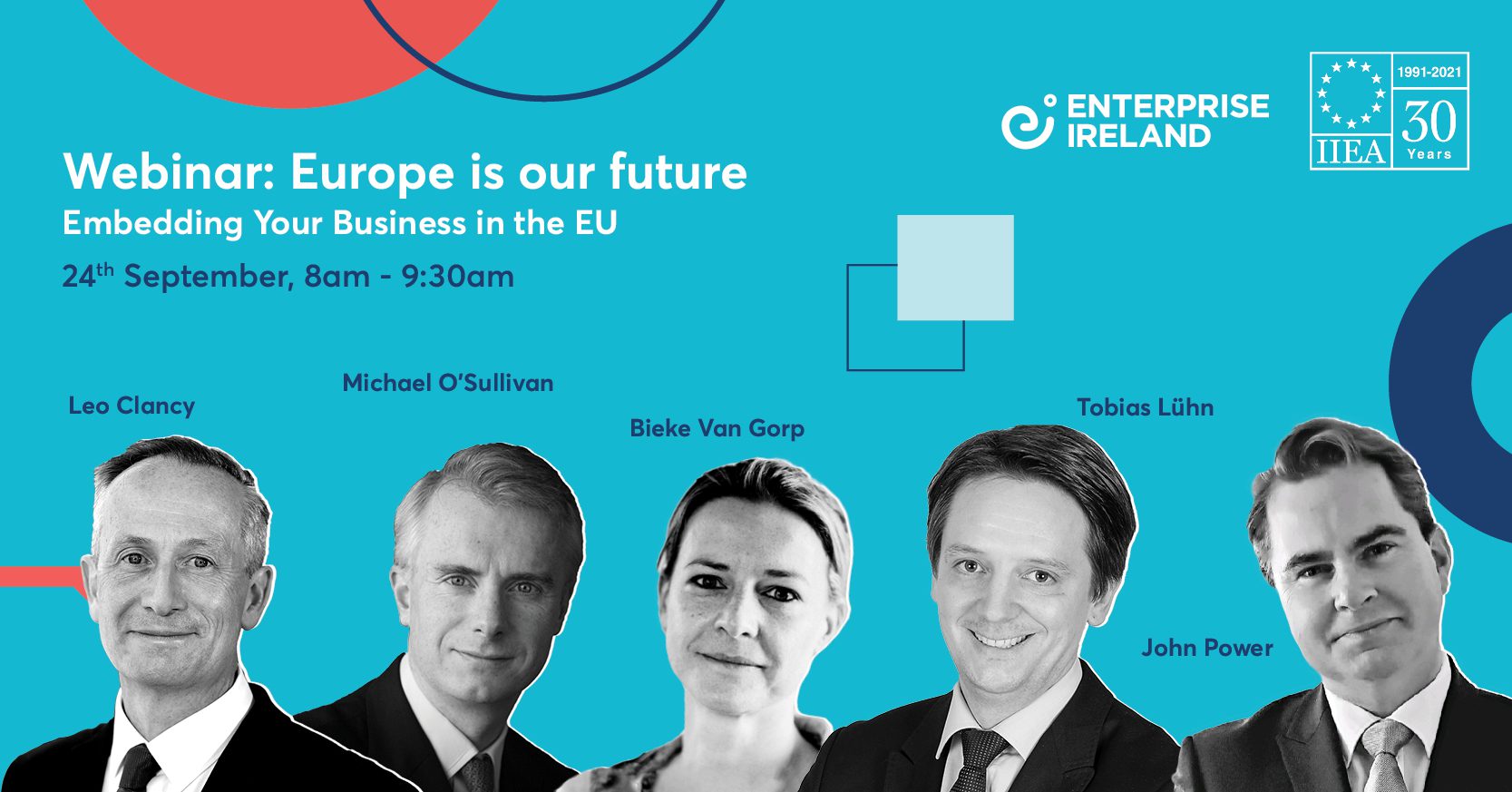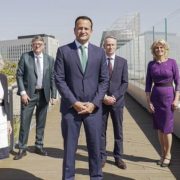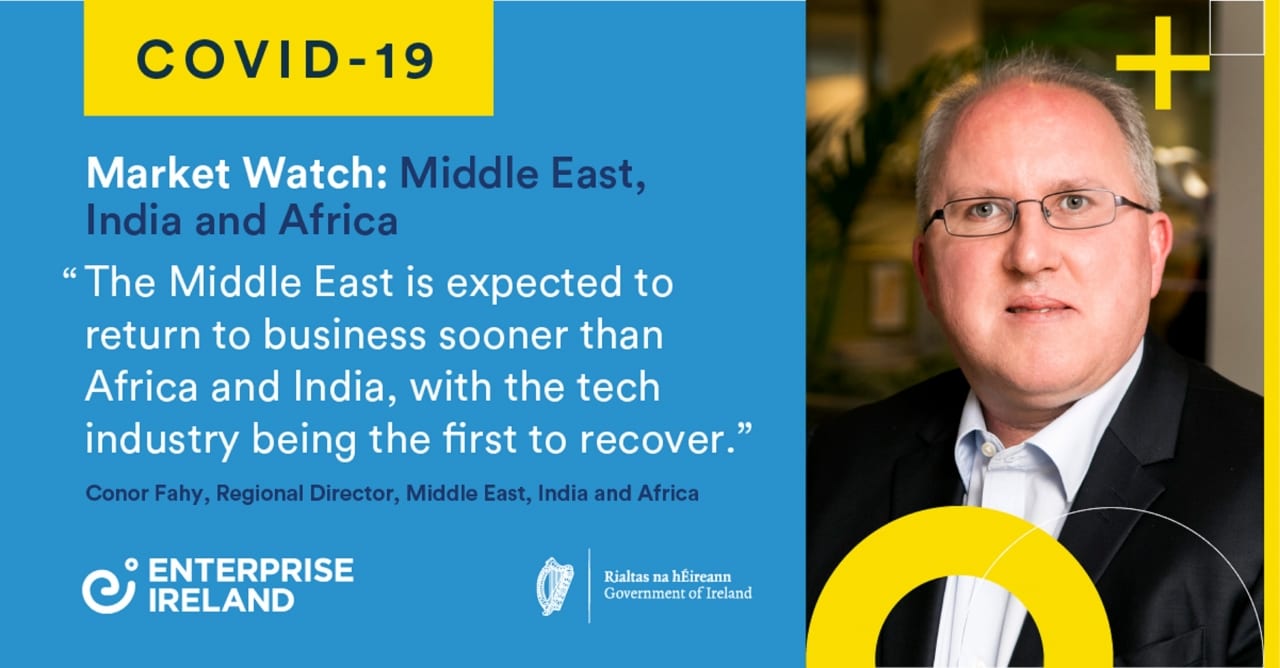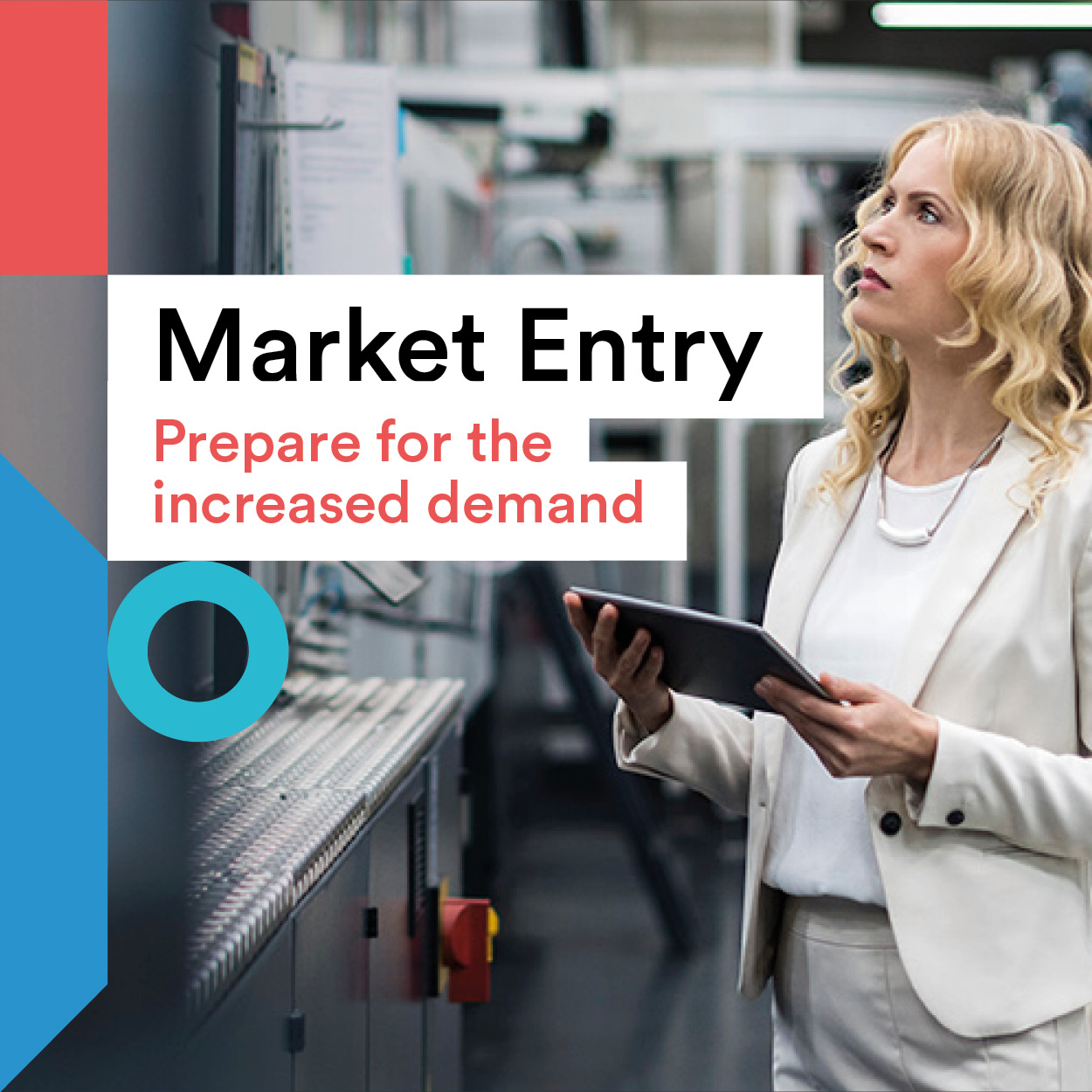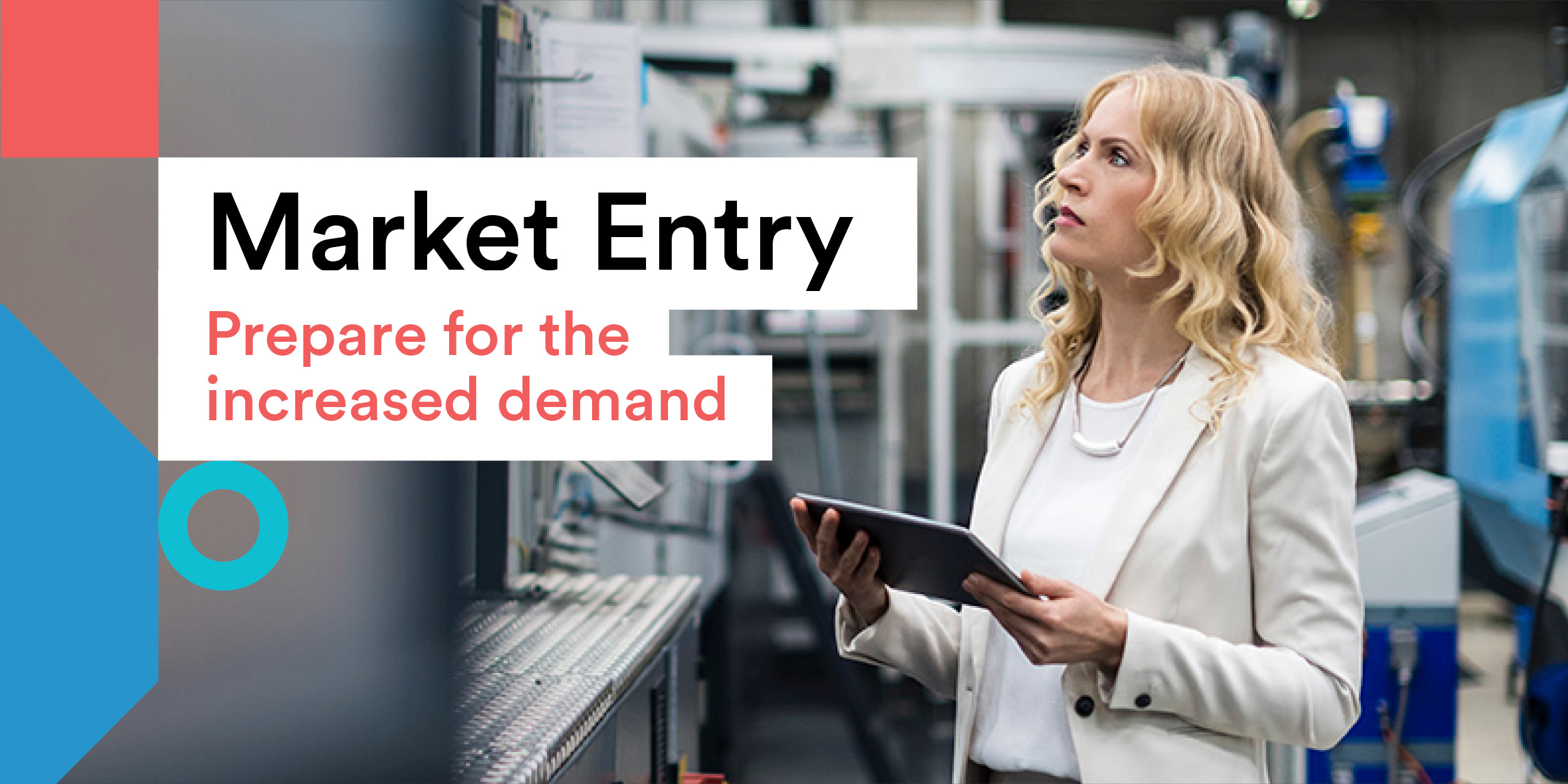In this era of widespread remote working, employee engagement and wellbeing matter more than ever. Isolated workers need to feel a sense of community and get support from their employers in line with their company’s values.
Companies around the world are looking to Irish talent tech companies for cutting-edge digital solutions to enable streamlined, effective work by HR departments, managers and employees. From wellbeing apps to performance management tools, Irish companies are exporting best-in-class products to businesses in dozens of countries.
Most are also focused on integrating with the existing technologies used by companies, meaning those in charge of IT budgets can maximise their legacy investments. Discover how five of the best in Irish talent tech are meeting the needs of a global client base.
1. Workvivo: Engaging employees with a highly social experience
Cork-based Workvivo is an enterprise social network, designed to enable organisations to engage as well as communicate with their employee communities.
“We took activities such as posting, liking and sharing content to an activity feed, which people are used to on social media apps outside the workplace, but developed them in a business context, enabling people to more easily engage with one another and with their company.” says Pete Rawlinson, Chief Marketing Officer at Workvivo.
Describe your business
“Disengagement was an issue for as many as 70% of businesses before the pandemic,” he adds. “One-to-one communication tools such as email or messaging facilitate communication but don’t do anything to provide that sense of community and culture.”
“People need to feel part of something, especially when they are working remotely.” Pete Rawlinson, CMO at Workvivo
Since the pandemic spread, Workvivo has seen a significant increase in enquiries. “Companies are seeing that many remote workers can feel isolated. Our platform helps bring employees together through a highly social experience. We see customers using the platform to host activities such as quizzes and competitions that really help create that important sense of community….and fun!”
Woodies found that its Workvivo activity went up when its workers were furloughed due to Covid-19. “These were mainly employees with no work email account or company device, but they wanted to stay engaged,” says Rawlinson.
Workvivo has sought to ensure it can integrate with existing communication tools such as Slack, Zoom and Workday, and also includes built-in engagement analysis through pulse surveys, he says, adding that many customers report higher levels of employee satisfaction and engagement than before they implemented the platform. “Higher engagement typically leads to increases in talent retention and acquisition,” he said.
Established three years ago, Workvivo now has customers in 35 countries with over 150,000 users on the platform. The company is headquartered in Cork, Ireland and has recently opened an office in Sacramento, California. Having recently secured $16m (€14.2m) in Series A funding, it is now focused on expanding its US client base and accelerating its product development plans.
2. Frankli: automating continuous performance management
While performance review cycles can strike dread into both managers and employees, Frankli aims to make performance management easier and more intuitive with its end-to-end platform.
“Our product allows managers to have much more meaningful conversations with people and support their development,” says Noel Dykes, founder and CEO of Frankli. “This approach is transformative and agile — we don’t set out to be a once-a-year annual cycle of goal-setting and meetings.”
A software engineer by background, Dykes worked as a consultancy practice manager in New Zealand and saw first-hand that younger employees were particularly keen on continuous feedback and recognition. “People want to be truly connected to the work,” he says. “They want to understand their purpose. Why are they there? What is the company they are working for trying to achieve?”
He adds that purpose-driven organisations will thrive, especially as remote working opens up a global marketplace.
“Managers are going to become coaches, rather than engaging in direct management in the office where they can see employees and know what they are working on. From now on, they will have to trust people and give them much more autonomy.”
Within Frankli, managers can set up regular recurring one-to-one meetings with their team members, setting priorities, agreeing action items and supporting accountability on both sides. The software suggests recommended talking points, based on insights from organisational psychology. Employees can also contribute comments and suggestions.
The product also enables businesses to offer more tailored learning and development opportunities, including a two-sided mentor marketplace tool.
Frankli has customers of all sizes in Ireland, the UK, Poland and New Zealand. While its core focus is midsize companies looking to scale, it already supports workforces of as many as 70,000 employees.
3. Empeal: personalised employee wellbeing at scale
While many employee wellbeing platforms work on a one-to-many scale, says Sohini De, founder of data-driven start-up Empeal, her business aims to deliver 1:1 wellbeing support at scale.
“If someone is having trouble with sleep, perhaps not doing too much exercise, eating unhealthy food or generally falling into bad habits, they can go through the programme on our system,” she explains.
“They start by completing interactive questionnaires and we can also integrate data from their wearable devices. They could be given a personalised programme to improve their sleep hygiene, for example. If they continue to have problems, their case is escalated to a sleep expert.”
With users in Ireland and India, Empeal is now focused on expanding those markets and pushing into both the UAE and the UK, So far, it has seen engagement rates of 60% on average, which De says is high for a wellbeing app. “We have also seen very encouraging results in terms of people achieving their health goals,” she says.
In addition to helping employees improve their wellbeing, Empeal also provides anonymised aggregate data to employers to enable them make better decisions, improve staff retention rates and attract more talent.
To help companies navigate the coronavirus crisis, Empeal produced a free toolkit of resources and also made its community-level module free. “We were finding a lot of employers were asking, ‘How can we take care of our people at this time?’ — they were very concerned about how everyone in remote locations was coping not in touch with their workplace or workmates,” says De.
“The community engagement part of the platform, which includes fun challenges and community boards, helps employees feel connected and it’s very simple to roll out for HR teams.” Sohini De, Empeal founder
4. Peptalk: building community through connection and wellbeing
The three founders of workplace wellbeing platform Peptalk — all former sports stars — know more than most the value of wellbeing when it comes to performance.
“We had all been involved in high performance sports,” says CEO James Brogan, an all-Ireland winner himself and a cousin of Dublin GAA legend Bernard Brogan, another of the co-founders along with Michelle Fogarty, who represented Ireland at taekwondo. “We had seen that to get the best out of people, their lives need to be in balance. What you do off the pitch is as important as what you do on it.”
Peptalk aims to help companies build sustainable high performance cultures through its community-driven employee experience platform. The product includes an insights tool, management toolkits, an employee app and a real-time measurement dashboard.
“We’re helping organisations with those off-the-pitch activities. We’re helping humans to be better at what they do, to have more energy, and to be more focused and resilient,” says Brogan.
He adds that the Covid-19 crisis has exacerbated the issue of work-life balance: “Senior leaders have seen a different side to their staff. They’re now acutely aware that, unless people have proper support, they won’t be able to work to the best of their ability.”
During the crisis, Peptalk has seen increased engagement from existing clients, while also doubling its usual number of demos to potential customers.
Set up in late 2016, Peptalk has users in 10 countries, including Mondelez, McDonald’s and Paypal. “This is a global challenge faced by multinationals. We offer one solution that works across an organisation, so there is no sense of disconnection with different offices doing different things,” says Brogan.
With serious plans to scale further, Peptalk expects to close out its current funding round later in 2020. “This is the time for us to get out and support as many organisations as we can,” says Brogan. “It’s a challenging time and the need has never been greater for the type of services we offer.”
5. Wrkit: easy to implement and clinically-backed
Founded two decades ago, Wrkit was originally a group benefits scheme, which evolved into an employee discount scheme. While users can still access thousands of discounts on holidays, food, clothes and other products, Wrkit has expanded to offer other services, including a learning portal with 4,500 personal and professional courses, a recognition portal and a wellbeing portal called Powr.
“POWR stands for Positive Occupational Wellness Resources, offering tools such as meditation, breathing exercises and reflective journaling” explains Jason Brennan, Wrkit’s Director of Wellbeing and Leadership.
“The big differentiator between Powr and similar apps is that it offers 430 clinically based behavioural plans put together by psychologists,” says Brennan. “These are based on six paths — mind, sleep, work, life, food and active. When users answer the questionnaires for these paths, they are given a personalised plan.”
“POWR users begin by finding out how they score clinically in the 6 areas of wellbeing and are instantly provided with personalised clinically based plans to improve engagement and growth in each area. During covid for example we saw a huge up take in the activity, work and life plans, helping not only users but employers by feeding back what is happening in real time with their anonymised and aggregated dashboard.”
Wrkit is based in Dublin, but also has offices in London and Massachusetts. Its clients include multinationals such as KPMG, FedEx and Boston Scientific. Its internet-based application can be launched quickly as it requires no specific IT infrastructure, says Brennan.
“All we need to launch is the list of employee ID numbers, and we provide lots of webinars and video tutorials to help staff engage with the tool, which is of course completely confidential.”
When Covid-19 struck, Wrkit quickly found demand rose. “We launched to 60 companies in eight weeks,” says Brennan. “We also quickly created a Coping with Covid portal to help users.”



